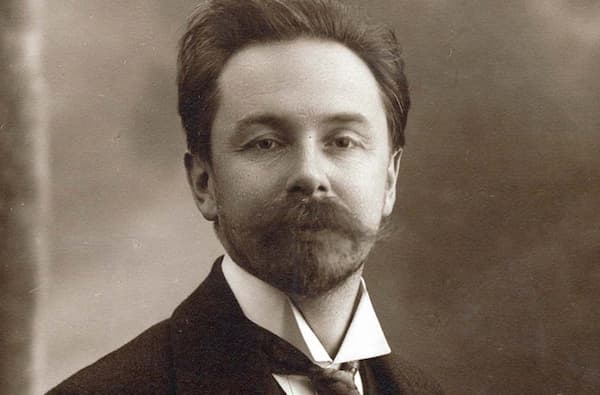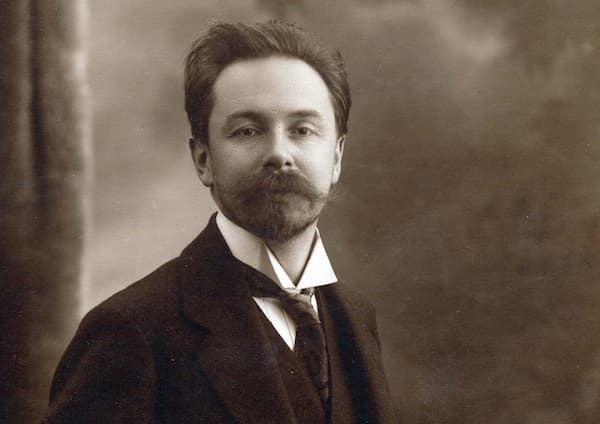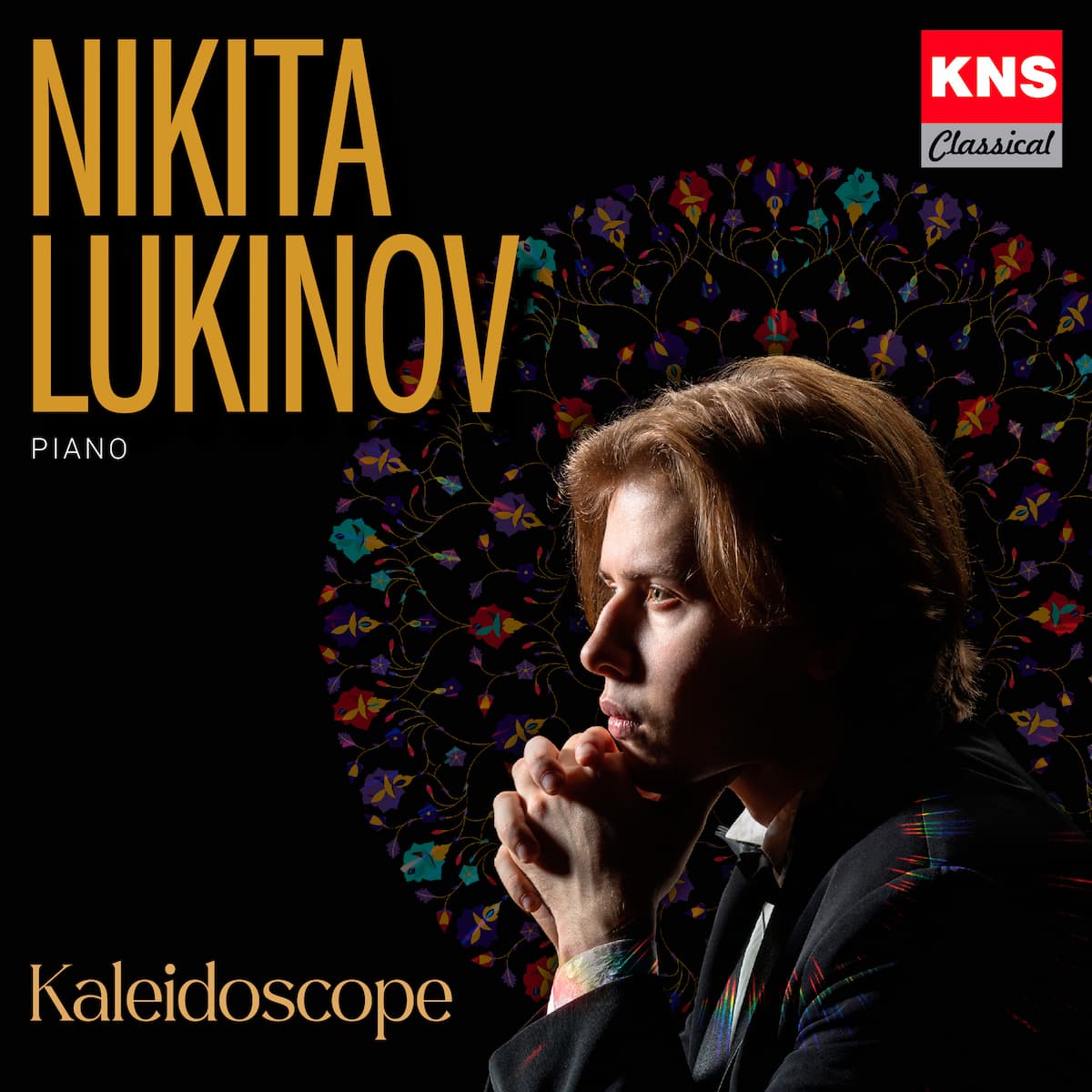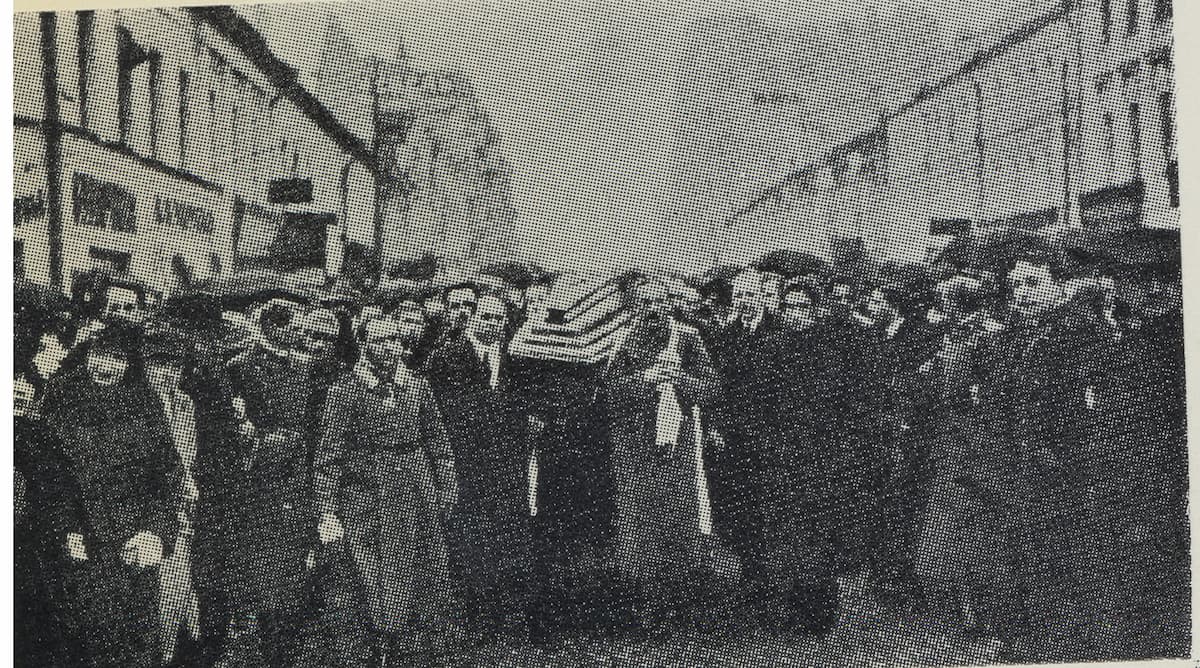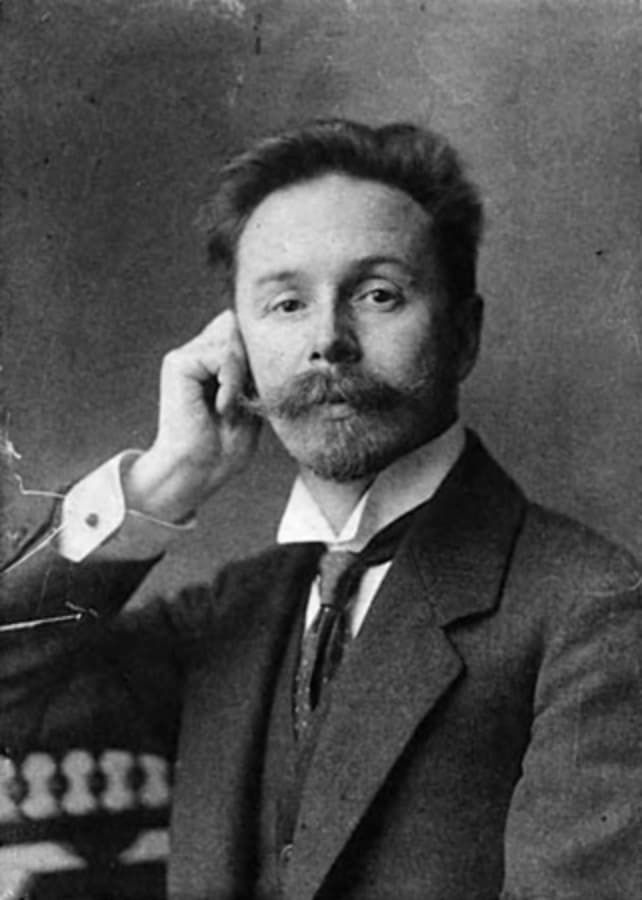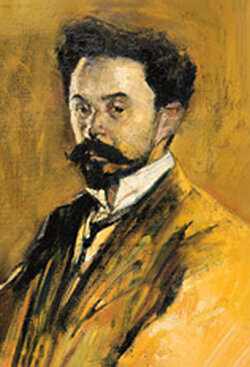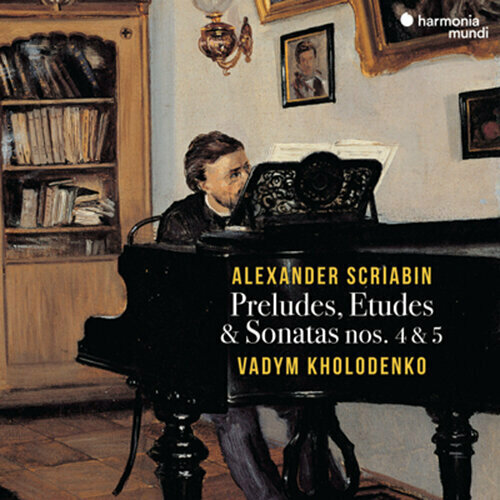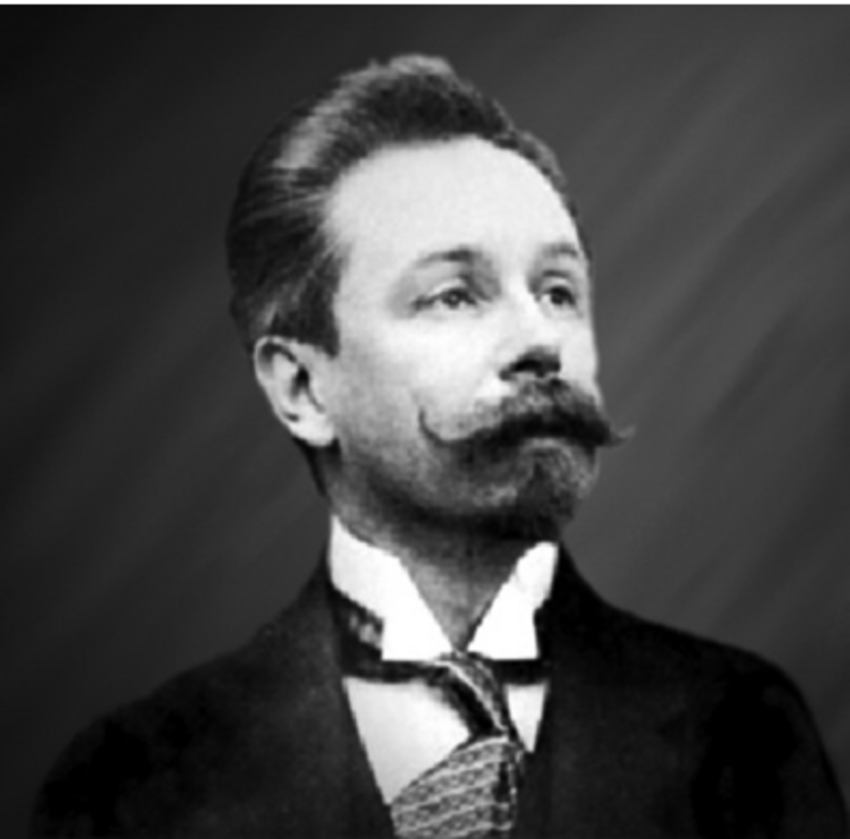The series of short and evocative solo piano works by Alexander Scriabin titled “Poèmes” span much of his compositional career. Composed between 1903 and 1915, these pieces became vehicles for expressing discrete poetic moods. Varying in mood and complexity, the
Scriabin
The Russian composer and pianist Alexander Scriabin, born on 6 January 1872 in Moscow, had a distinct flair for the dramatic and the mystical. Initially inspired by Chopin, he soon broke away from tradition, creating music that was intensely emotional,
Pianist Nikita Lukinov’s new recording, Kaleidoscope, gives us a very definite view of Russian pianism at the end of the 19th century and into the 20th. He chose piano miniatures by 3 pianists who are each separated by 40 years
By 1915, Alexander Scriabin was working on a gigantic multi-media project called Mysterium. It was intended for performance in the foothills of the Himalayas over a period of seven days. “Bells suspended from clouds would summon spectators. Sunrises would be
The Russian Composer’s Family History When Alexander Scriabin was asked about his origins, he proudly proclaimed, “I come from a noble and military family.” His family ancestry can be traced back to the thirteenth century when Russia was under Tatar
The music of Alexander Scriabin inhabits a distinctive, personal soundworld which is hard to define. It is the music of excess, ecstasy, tumult and passion. It is excessive, overripe, decadent, heavily perfumed, sensuous and frenzied, lacking in structure and sometimes
Poeme tragique Op.34 From Alexander Scriabin: Preludes, Etudes & Sonates nos. 4 & 5 (2018) Released by Harmonia Mundi Scriabin: Poeme tragique Op.34Scriabin occupies a place apart in the history of Russian music: refusing influences from the folkloric tradition, his
Alexander Scriabin (1872-1915) believed that art was separated from reality and existed as a pure form. Having deep faith in theosophy and perceiving himself as the Divine in the world, he was also influenced by Friedrich Nietzsche’s concept of Übermensch

